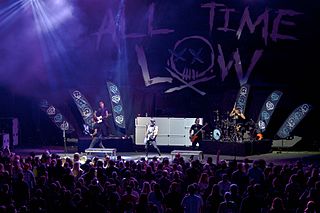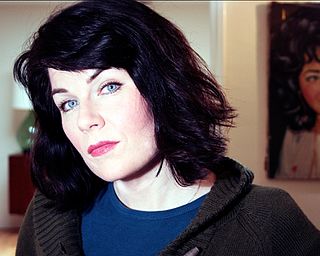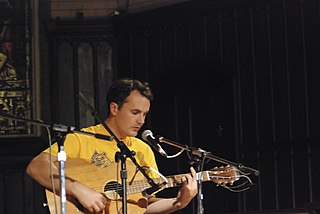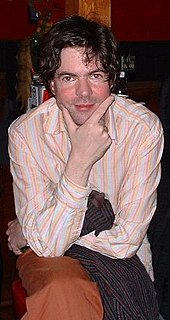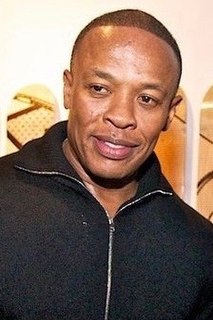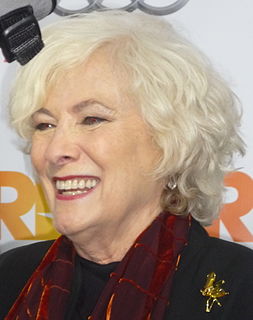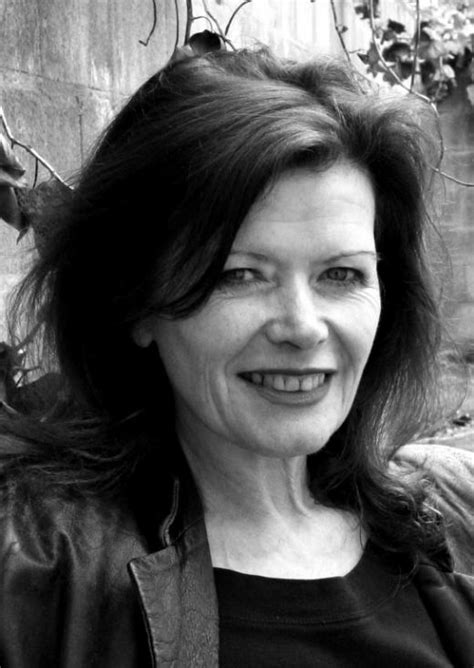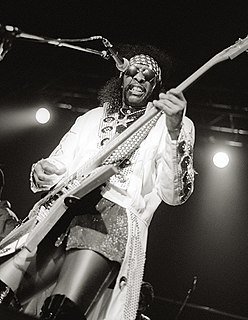A Quote by Dorothy Day
Recording happiness made it last longer, we felt, and recording sorrow dramatized it and took away its bitterness; and often we settled some problem which beset us even while we wrote about it.
Related Quotes
If you are recording, you are recording. I don't believe there is such a thing as a demo or a temporary vocal. The drama around even sitting in the car and singing into a tape recorder that's as big as your hand - waiting until it's very quiet, doing your thing, and then playing it back and hoping you like it - is the same basic anatomy as when you're in the recording studio, really. Sometimes it's better that way because some of the pressure is off and you can pretend it's throwaway.
If you're recording the song on your four-track in your kitchen, when you finished writing the song, you're recording, and it's cool, and honor that. And maybe that's the version that should be released. And if you're recording the song again, it shouldn't be because there's a version you love that you're chasing. It should be because "You know what? I made a recording, but I don't love it emotionally." So, okay, then record again. And be in it and take advantage of the buzz and energy of "I'm getting to record right now!" It's such a beautiful and cool privilege.
I remember before I did my HBO special, Chris [Rock] screamed at me - in a loving way, but still. He was like, "You need to do 200 shows in a row and a month straight on the road before you even think about recording a special!" And I had literally booked two weeks on the road and then went right into the recording. It put me in a panic, but it also made me work harder and made me realize that everyone works differently, and that's okay.
When you're listening to a recording, you're supposedly listening to some aspect of the past in the present as you travel slowly into the future, but you also know there's a very strong likelihood that the future of that recording, whether you made it or whether you're listening to a Led Zeppelin record, is going to continue probably far beyond where you are.

